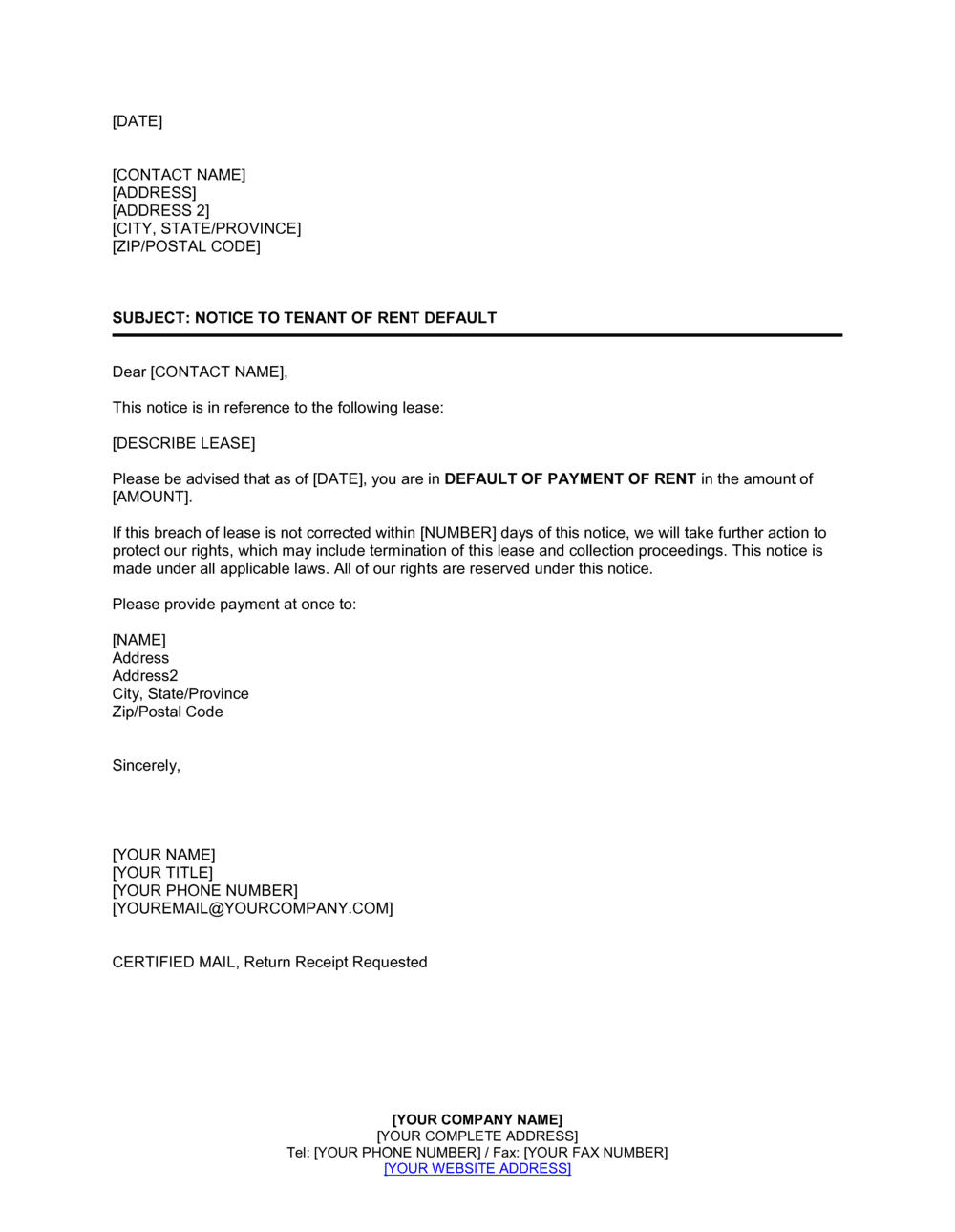



affirm the contract and sue the buyer for damages for default.The seller has rights set out in clause 24.2 of the General Conditions, in addition to any other right or remedy of the seller. What happens when a Buyer defaults under the contract?

The non-default party may terminate the contract.The non-default party may give a further default notice (clause 23.2 of the General Conditions) or.If the default party does not remedy the default within the time specified, then: If the non-default party wishes to terminate the contract in the event that the default notice is not complied with, it is important to include a statement in the default notice to the effect that if the default is not remedied within the relevant time specified, the contract may be terminated.Where the breach relates to any other matter, a reasonable time to remedy the breach.28 days to remedy the breach where the breach consists of a failure to pay a sum of money or.if the Contract is a Terms Contract, within the time specified in Section 6(2) of the Sale of Land Act, that is, the notice must give the default party:.within any longer period specified in the Notice or.within 10 Business Days after the date the notice is duly given or.requires the default party to remedy the default:.specifies the default under the contract.It is defined in clause 26.1 of the Joint Form of General Conditions for the Sale of Land (2011 Revision) (“General Conditions”) as a notice that: However, the seller is unable to terminate the contract without first sending a default notice to the buyer.Ī default notice gives the default party a ‘final opportunity’ to remedy its default. Sometimes, a buyer defaults because they have failed to pay the deposit or they are not ready, willing and able to settle on the settlement date. Default Notices and the Purchase of Residential Property


 0 kommentar(er)
0 kommentar(er)
